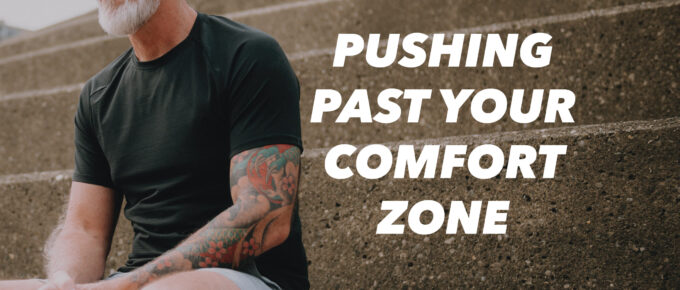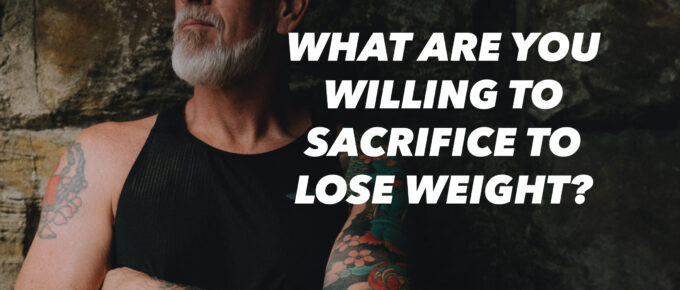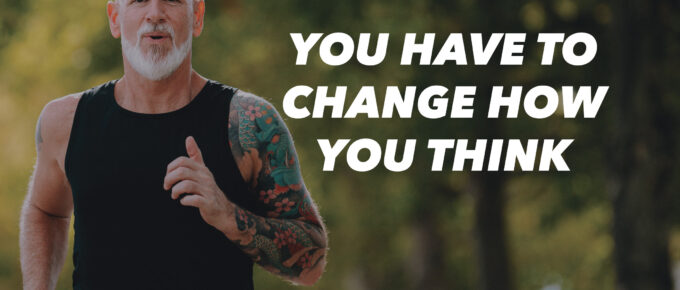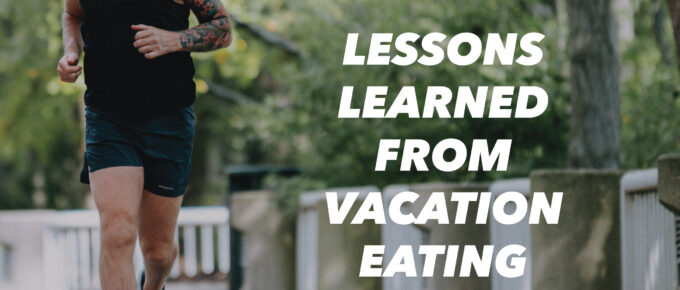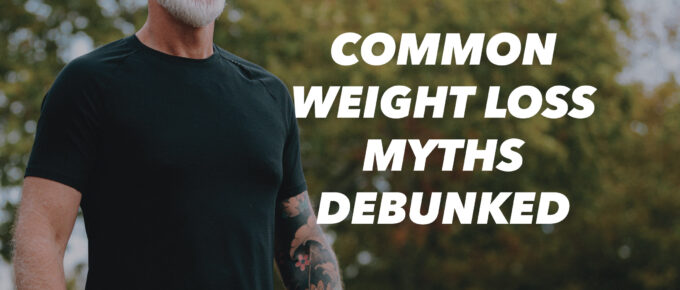When it comes to changing your diet in order to lose weight or just be healthier, most people feel like whatever they do is too restrictive. They feel like you should be able to eat anything you …
Continue Reading about 238. Should You Restrict Certain Foods? →


